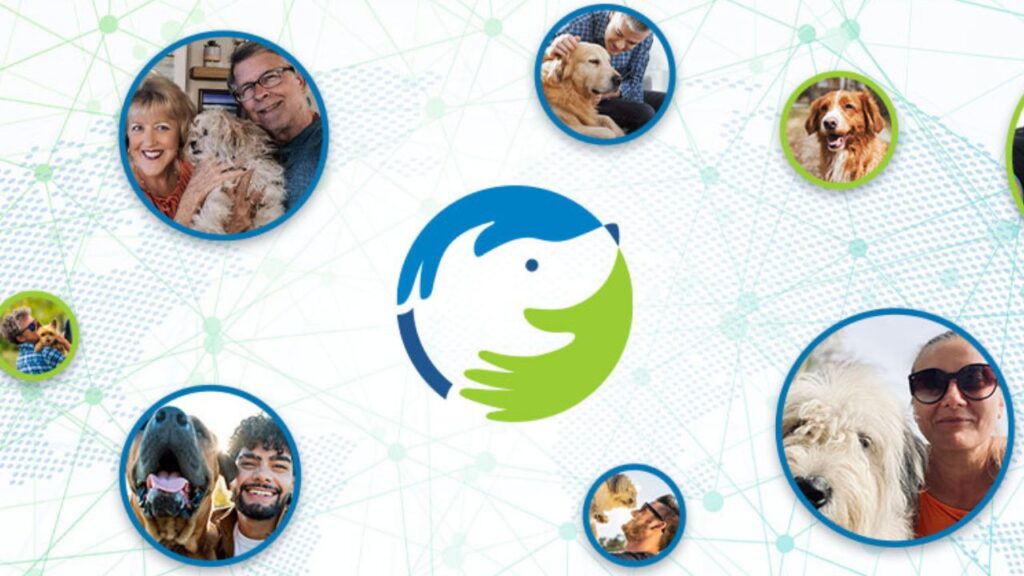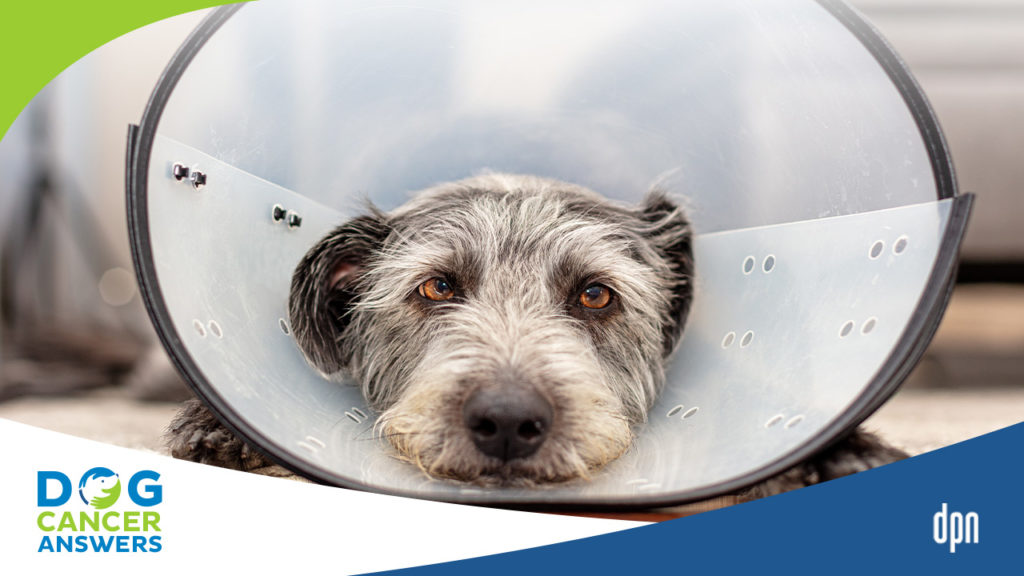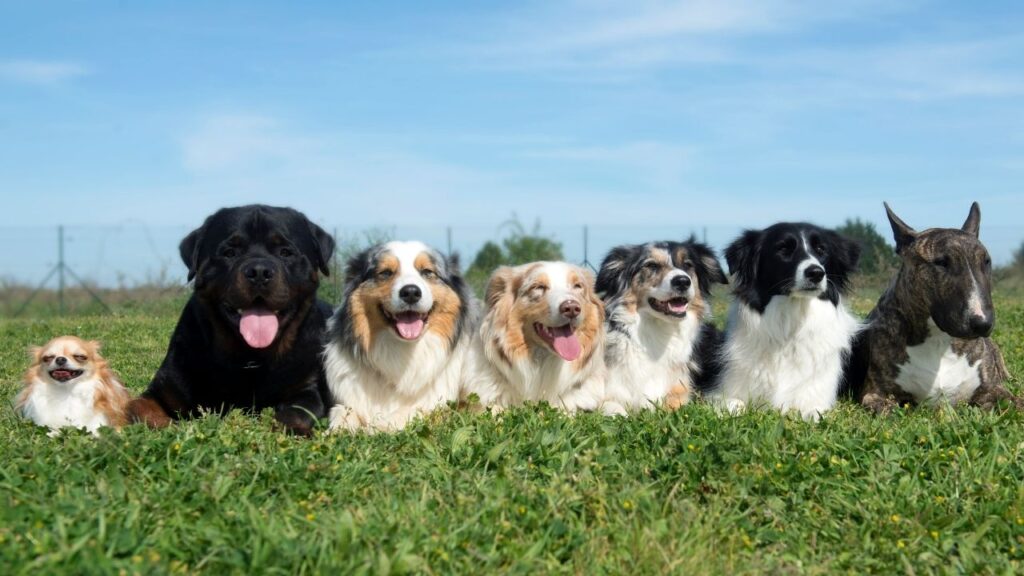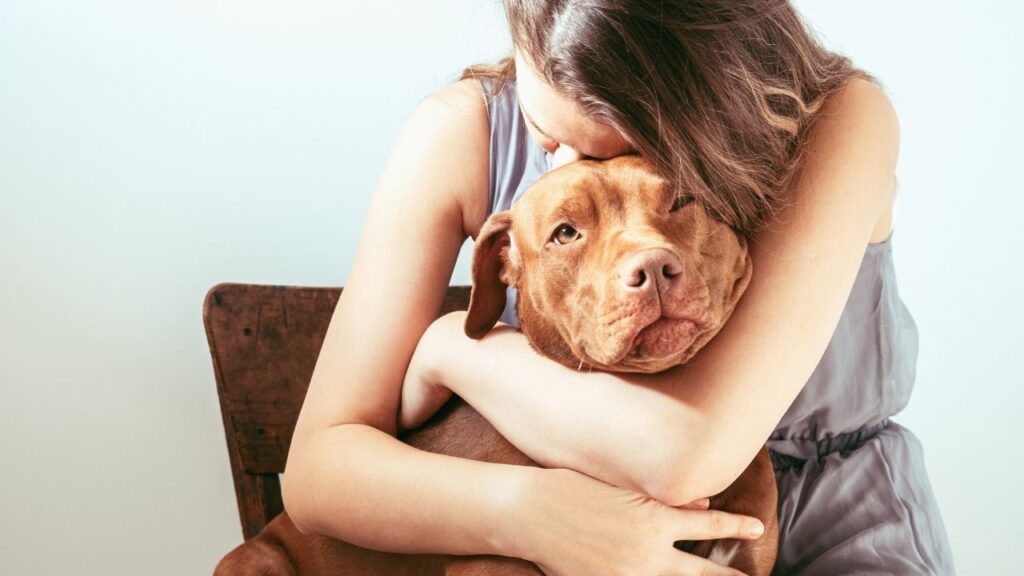Not everyone will understand how hard it is when you are facing an illness or end-of-life decisions with your dog. Even if your loved ones don't understand, there are ways to garner their support or to find support from people who do understand.
Key Takeaways
- It can be difficult to deal with people who don’t understand how much some of us love dogs. Try explaining the importance of your relationship with your dog and giving specific instructions on how you would like to be supported (for example: I am not looking for advice, I just need someone to listen).
- Handling difficult people is hard when you are stressed. Avoid these people when you can, and know that their comments usually come from a place of confusion or ignorance, not from actually wanting to hurt you.
Dog Lovers vs. Everyone Else
One of the hardest parts of practicing medicine for me was when I had clients with dogs that had a manageable or fixable problem, but they weren’t willing to spend the time or money to fix it.
“I’m not spending X dollars on him; he’s just a dog!” or “I love my dog, but I just don’t have time to give her pills twice a day!” were common refrains from such clients.
Time after time, I caught myself wondering why someone would get a pet if they weren’t willing to care for it properly. How could they be so selfish and uncaring toward this wonderful creature they’re supposed to protect and advocate for?
Different People, Different Ways of Caring
I eventually came to realize that it’s not necessarily that people with this attitude don’t care about their pets, they just care differently and have a different definition of “proper” care than mine.
Just like our human relationships, different people have different types of relationships with the dogs in their life.
Dogs Are Family Members
Most of us dog-obsessed folks view our dogs as members of the family, with one survey showing that 95% of pet owners across eight countries consider their pet to be a part of the family.1 Some people even view their dogs as furry children.
Most of us that share our lives with a dog at least view them as a companion – a best friend who is always there – while some people have more of a partnership with their dogs, competing together in obedience or sporting events.
Still others use their working dogs as tools – part of the machinery needed for operating a ranch, or as a helper to someone who is visually impaired, for example.
Of course, these categories are not mutually exclusive, but rather fall somewhere along a broad spectrum of relationships people have with their dogs. Certainly, a person with a service dog has a bond that goes far beyond the dog simply being a tool, and people that recognize their dogs are not actually children doesn’t mean they are any less bonded.
People Who Don’t Like Dogs
Then there are the folks who just don’t like dogs. Period. Though it is hard – impossible maybe – for some of us dog lovers to understand, they do exist and have their reasons.
For many people, a dislike of dogs comes from simply never having been around them or having prior unpleasant experiences with dogs. Maybe they’ve been bitten, growled at, or jumped on. Some people don’t like the inherent messes that come with owning dogs – namely shedding, drooling, and having to pick up poop. Some have different priorities for spending their time and money.
Regardless of where you fall on this spectrum, you will inevitably come across people who feel differently than you do about dogs and how they fit into our lives.
Dismissive Comments from People Who Don’t Understand
There will always be people who insert their opinions when you are pursuing cancer treatment (or any kind of advanced treatment), when considering euthanasia, or after your dog’s death.
Some people will purposefully attempt to undermine your decisions because they don’t understand or have a different perspective. Some are triggered by their own experience with their dog. Some people who have had or have had a loved one go through cancer treatments might judge you.
Most people, however, make hurtful comments unintentionally in an attempt to help. Some common opinions you may hear include:
- “It’s just a dog”
- “You’ve given him a good life” or “you’re lucky to have had him for so long”
- “You could get 10 more dogs for the cost of that treatment”
- “Maybe you should [insert unsolicited advice]”
- “I can’t believe you’re spending that much money on a dog”
- “I can’t believe you’re putting your dog through that”
Even when meant to make you feel better, these types of comments are dismissive, hurtful, and minimize what you are going through. Remember that your feelings are valid and normal. You know your dog best and you are the best person to make decisions on her behalf.
What to Do When People Don’t Understand
If the person making these comments is important to you and they truly mean well, you may try sharing more about what your relationship with your dog means to you and explain to them that minimizing that relationship is hurtful. They may not have realized how much your dog means to you, or how their comments make you feel.
Sometimes people just don’t know how to support you. Simply telling them what you need will allow them to support you better. For example:
- I’m not looking for advice, I just want someone to listen.
- Talking things out helps me feel better.
- I know this doesn’t make sense to you but talking it through helps me think more clearly.
- Please just comfort me.
- I don’t feel up to going out or socializing but would love a quiet night in with a movie and comfort food.
If you do not have supportive friends or family members, there are many other ways for you to get the support you need from people who DO understand what you’re going through.
Seeking Support
Below are some resources for finding support from people who understand:
- Our own Facebook Group Dog Cancer Support
- Fetch A Cure Pet Cancer Support Group
- Fetch A Cure Pet Loss Support Group
- Cornell University Pet Loss Hotline
- The Association for Pet Loss and Bereavement chat rooms for grief support
- The OSU Veterinary Medical Center Honoring the Bond Program has a variety of resources
There are many other resources to be found online and in your area. You may be more comfortable talking with a mental health professional in person and can ask your doctor or search online for someone in your area.
Whatever works best for you, the most important thing is to find support from people who do understand your relationship with your dog and can help support you through difficult times.
- New research confirms the strong bond between people and pets is a global phenomenon, 95% worldwide say pets are family. HABRI. https://habri.org/pressroom/20220116. Published January 15, 2022. Accessed January 23, 2023.
Topics
Did You Find This Helpful? Share It with Your Pack!
Use the buttons to share what you learned on social media, download a PDF, print this out, or email it to your veterinarian.






